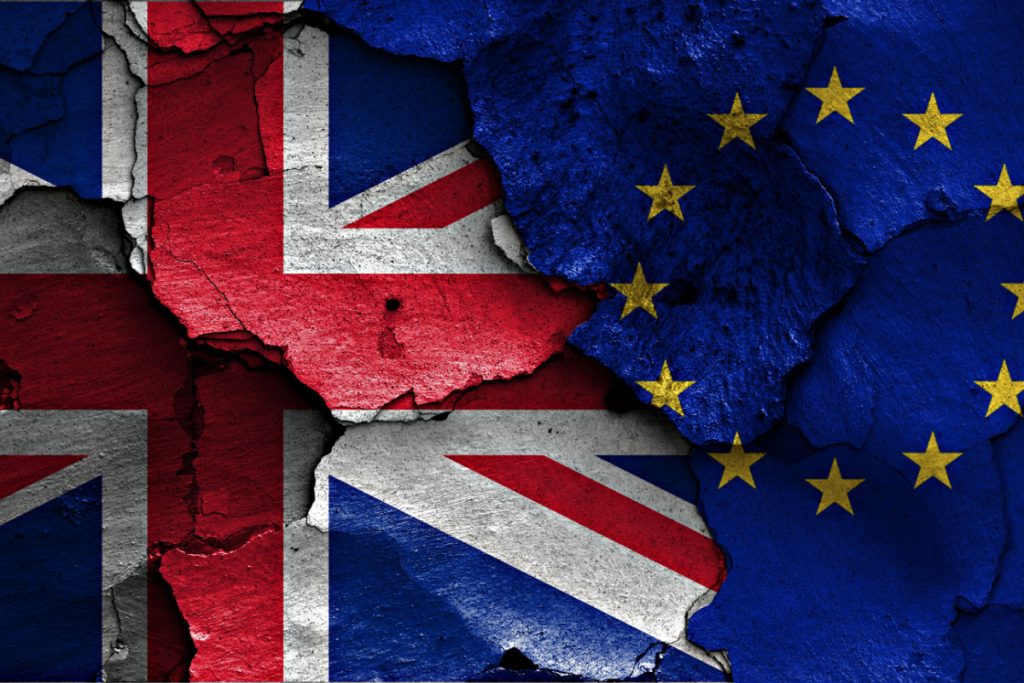As the payments ecosystem braces itself for an impending regulatory shift, this could ultimately bring forward new and innovative technologies to bolster financial systems as we know it.
Marcus Treacher, Executive Chairman of RTGS.global, delved heavily into how the UK-EU bloc is seemingly at the forefront of this shift and explores how these regulations could and should help enhance cross-border payments
The unfolding of a new chapter in the history of financial services has been marked by the recent UK-EU Memorandum of Understanding (MOU) on Financial Services Cooperation, paving the way for an era of collaboration and agreement in the bloc. More specifically, this MOU has the potential to be particularly impactful in the realm of cross-border payments.
Understanding our past to propel forward
To envisage a future of innovative financial systems, we must first acknowledge the limitations of historical frameworks.
Technological evolution is often bound by its predecessors’ limitations. An example of this is the digitisation of money that occurred in the 1960s. This revolutionary period presented a landmark opportunity to innovate our financial systems, but we merely transferred old standards into a digital format instead of capitalising on new technology.
In our current landscape, the MOU represents another watershed moment. It gives us the leverage to break away from the stranglehold of outdated models and explore the transformative potential of technology in full bloom. However, to do so, we must be cautious not to repeat the errors of the past.
We must seek to innovate beyond the familiar, moving beyond simple digital transposition towards the development of new, more effective paradigms.
The proposal for the EU’s Payment Services Directive 3 (PSD3) represents a stride in this direction, aiming to build on the successes of PSD2 while fine-tuning its aspects. PSD3 is an opportunity for both the EU and UK – should it choose to follow in the EU’s footsteps – to create a flexible, future-proof framework that evolves in tandem with advancements in the fintech landscape.
Crafting this new regulation while remaining cognisant of global standards and keeping pace with innovation is a complex task, but by fostering close engagement with startups and innovators, Europe and the UK can lead in creating beneficial global standards that unlock the benefits of fintech innovation for all.

A leap towards the Internet of Value
The internet era has dramatically transformed the way we exchange data. It dissolved barriers, fostering a global village where information flows seamlessly. Today, we stand at the brink of a similar shift – one where not just information, but also value can flow unimpeded across borders.
In the context of the MOU, a growing cadre of innovators is seeking to utilise internet protocols and API models to redefine cross-border financial transactions. This paradigm shift promises a world where delays and inefficiencies in global transactions are relics of the past. An interconnected web of value, where daily international payments that fuel the global economy are efficient, rapid, and less risky, is within our reach.
The proposed PSD3 stands as a promising tool to further catalyse this shift. As the world moves towards seamless, cross-border flow of value, innovators in the UK-EU bloc should leverage the MOU to redefine cross-border transactions.
This, coupled with the potentially transformative impacts of PSD3, paints an optimistic picture of a future where international payments are swift, efficient, and seamless.
Unleashing the power of real-time cross-border payments
The MOU paves the way for greater collaboration and innovation. While primarily a framework for regulatory cooperation, it also provides an opportunity for the UK and EU to jointly explore and advance innovations in financial services, including the realm of cross-border payments; it presents a platform for ongoing dialogue, promoting shared learning and potential collaboration – particularly in the wake of PSD3.
This cooperation represents an integral step towards the evolution of an ‘Internet of Value’, where unlike conventional financial networks, a new paradigm allows for the secure, real-time transfer of value across global networks, lighting the way for a more interconnected global economy.
In short, the MOU provides an impetus for both parties to redefine the financial landscape, leveraging on innovation in financial markets infrastructure (FMI) to transform the future of cross-border payments.

Striking the right balance between innovation and regulation
Innovation, while exciting, presents new challenges and risks. From potential security vulnerabilities to ethical considerations, these challenges often cast a shadow over the prospects of technological advances.
To navigate this terrain, innovators and regulators must work hand-in-hand to maintain an equilibrium that encourages innovation while ensuring stability, security, and fairness.
This balance becomes even more crucial in the context of the UK-EU collaboration, especially when it comes to implementing PSD3. As we venture into new territories of technological possibilities, the interplay between regulatory standards and innovative approaches will significantly impact the future of cross-border transactions.

Charting the future of cross-border payments
We’ve only just begun reshaping the cross-border payment landscape. The MOU serves as a springboard for this journey, offering an unprecedented opportunity to revolutionise the way we transfer money worldwide. By leveraging innovative FMI technologies, we can build a future where international transactions are efficient, secure, and frictionless.
However, as we stride towards this future, we must remember that innovation and regulation are two sides of the same coin. They must coexist and synergise to truly unlock the full potential of our financial systems. The future of cross-border payments is bright, and with the right blend of innovation, regulation, and cooperation, we can pave the way for a more interconnected global economy.
The time to seize this opportunity is now. Let us embrace this moment with open arms and open minds, forging a new era of financial services for the generations to come.























